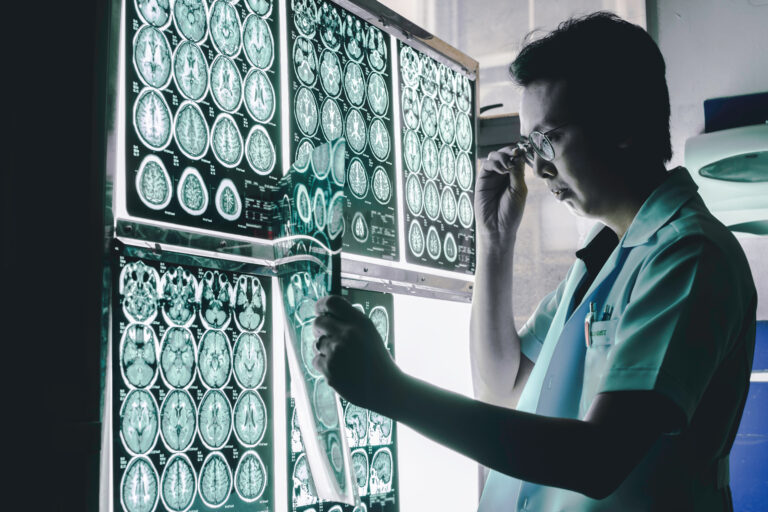CT scans use X-ray radiation to create detailed images of the body, including the brain, which can be crucial for diagnosing various conditions. However, for dementia patients, the radiation exposure from CT scans carries specific risks that need careful consideration.
The primary risk associated with CT scan radiation is the potential for increased cancer risk due to cumulative radiation exposure. CT scans deliver higher doses of radiation compared to standard X-rays, and repeated scans can add up to a significant radiation burden. This is particularly concerning for dementia patients who may require multiple imaging studies over time to monitor their condition or related complications. Although the radiation dose from a single CT scan is generally low, the cumulative effect can increase the lifetime risk of developing radiation-induced cancers.
Dementia patients often have a reduced ability to communicate symptoms or discomfort, which complicates the clinical decision-making process. They may not be able to express concerns about side effects or new symptoms that could indicate radiation-related issues. Additionally, many dementia patients are older adults who may already have a higher baseline risk for cancer and other health problems, making the added radiation risk more significant.
Another consideration is that dementia patients may undergo CT scans in emergency or acute care settings, such as after a fall or head injury, where the urgency of diagnosis outweighs the radiation risk. In these cases, the benefits of accurate and timely imaging often justify the exposure. However, unnecessary or repeated CT scans without clear clinical indication should be avoided to minimize radiation risks.
Alternative imaging methods like MRI, which do not use ionizing radiation, may be preferable for some dementia patients when appropriate and feasible. MRI can provide detailed brain images without radiation exposure, although it may be less accessible, more expensive, or contraindicated in some patients due to implants or claustrophobia.
There is also emerging research suggesting that low-dose radiation might have complex effects on neurodegenerative diseases, but these findings are preliminary and do not currently support routine radiation exposure as a treatment for dementia.
In summary, the risks of CT scan radiation for dementia patients include increased lifetime cancer risk from cumulative radiation exposure, challenges in symptom communication, and the need to balance urgent diagnostic benefits against potential long-term harms. Careful clinical judgment is essential to ensure CT scans are used judiciously, with consideration of alternative imaging modalities when possible.





